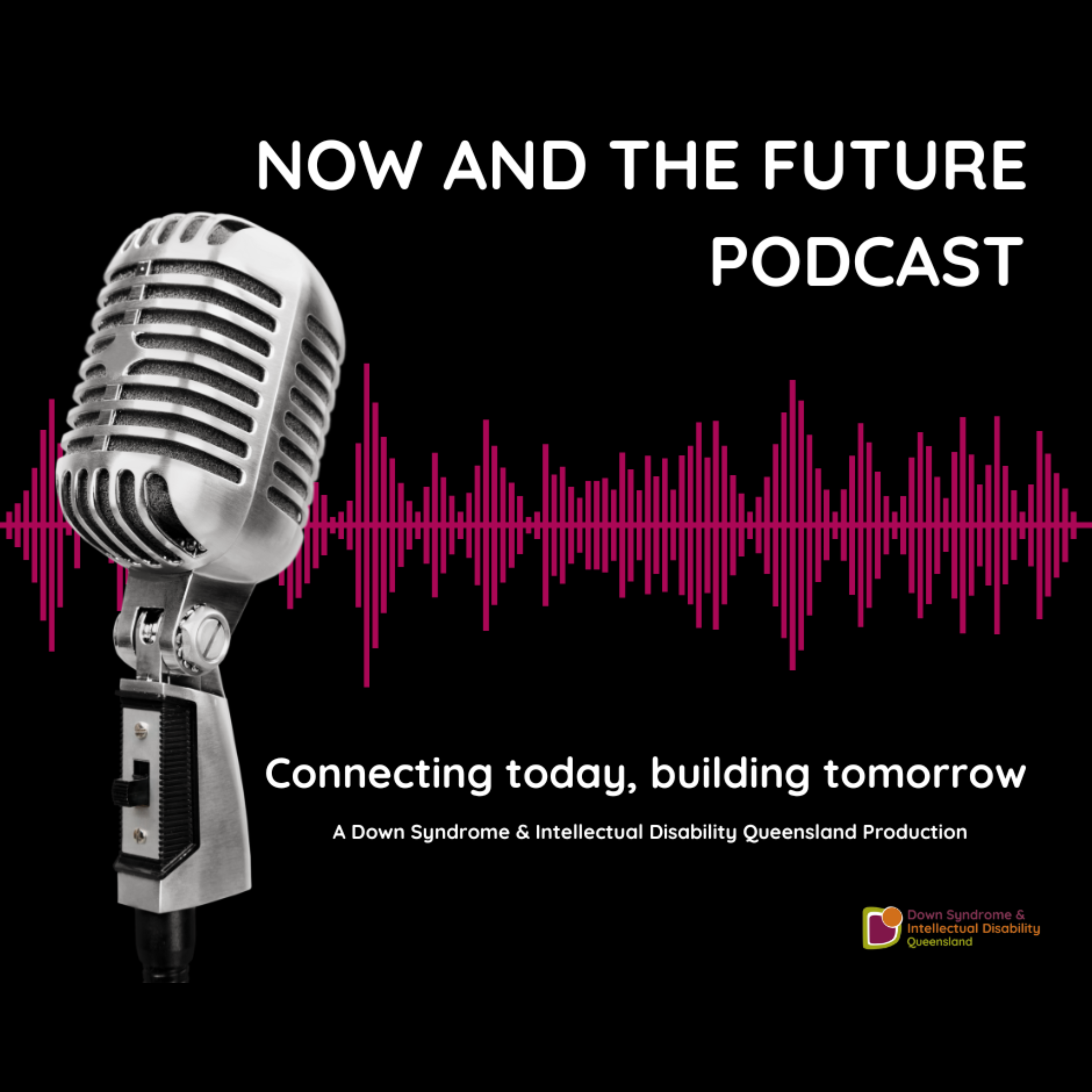Housing Options for People With Intellectual Disability
On this episode of the Now and the Future Podcast we discuss housing options for people with intellectual disability.
We will discuss making housing decisions, mainstream housing options and how the NDIS can support a person with intellectual disability to meet their housing goals.
This podcast is an audio version of a workshop developed with funding from the Australian Government Information Linkages and Capacity Building program.
If you wanted more information about housing or wanted to access the workbook that accompanies this workshop, please get in touch with DSQ on (07) 3356 6655 or by emailing office@downsyndromeqld.org.au
Links to the videos and resources we discussed in this podcast:
NDIS Home and Living Supporting Evidence Form
My housing preferences tool from Summer Foundation
What is Specialist Disability Accommodation (SDA)
Supported Independent Living (SIL)
IndividualisedLiving Options (ILO)
Further Resources:
Down Syndrome Australia Resources
This podcast is a production of Down Syndrome Queensland.
If you have a question, would like more information on any of our episodes, or have suggestions for future topics, send us an email - engagement@downsyndrome.qld.org.au.
For more information please visit the DSQ website, or follow us on Facebook and Instagram.
Mentioned in this episode:

